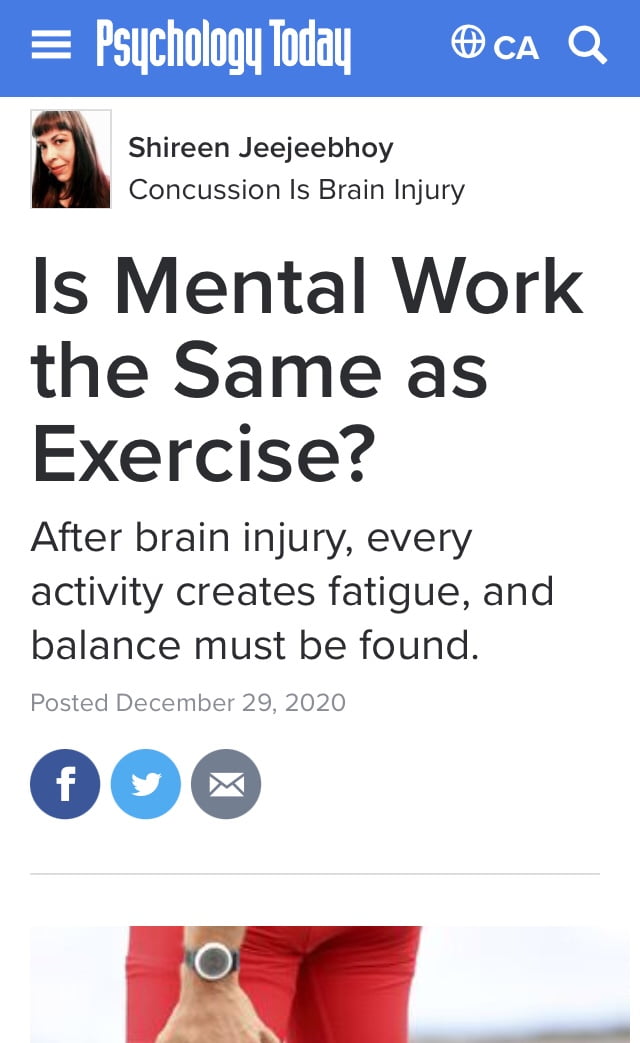Increasing mental work while not decreasing physical exercise commensurately was a really bad idea after brain injury. This lesson no one taught me.
NaNoWriMo—National Novel Writing Month—is a month of writing every single day in November to create a 50,000-word novel. This writing community and event includes anyone, no matter your ability; it releases your imagination; and it’s taxing. Typing is physical. Striding out the front door to meditate in nature or on a long city walk is physical and mental exercise. Writing is mentally onerous for obvious reasons.
Knowing NaNoWriMo’s physical exertion and mental work, I plan my month out carefully. Writing daily drains energy resources, stiffens my neck, and cramps my fingers. Creating a story challenges my still-repairing imagination and my healing cognitive abilities of concentration, memory, organization, planning, initiation, and motivation. NaNoWriMo is set up so that it fires up the latter two; still, some days I have to be able to get myself to look at the website or NaNoWriMo’s Twitter in order to receive that firing up. Even a half-hour of daily writing consumes energy. By the time I’m done writing for the day, I’m fatigued in every way possible.
The standard medical model of brain injury care is…
Psychology Today - Fatigue and Brain Injury
- ‘I’m So Over It!’: Brain Injury Provides Insight Into COVID Fatigue
- Fatigue: Does It Ever Go Away?
- Pandemic Stages Are Like Brain Injury Stages
- Is Mental Work the Same as Exercise?



